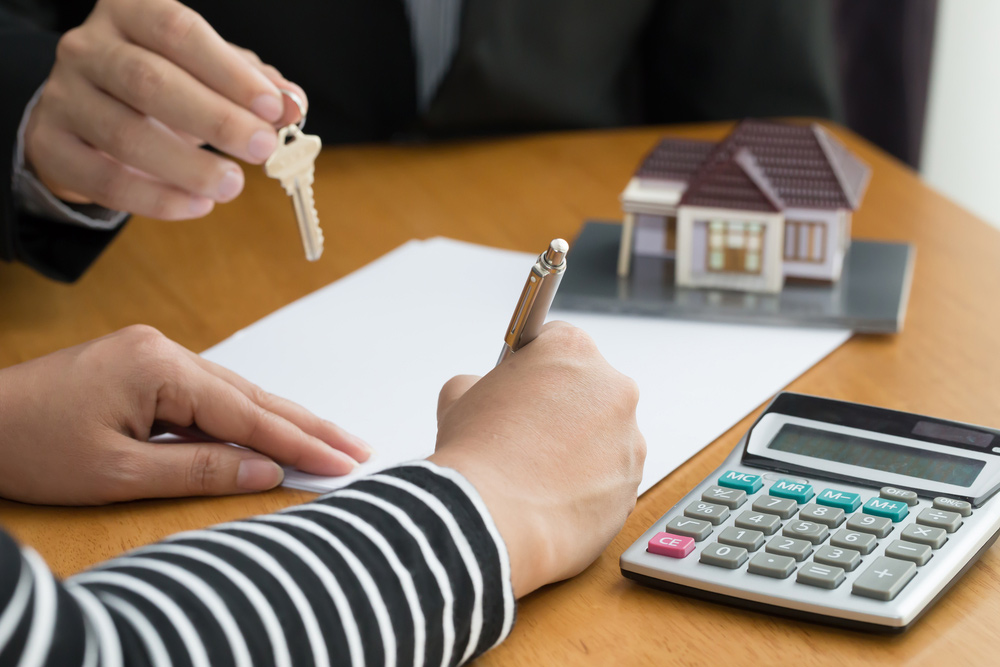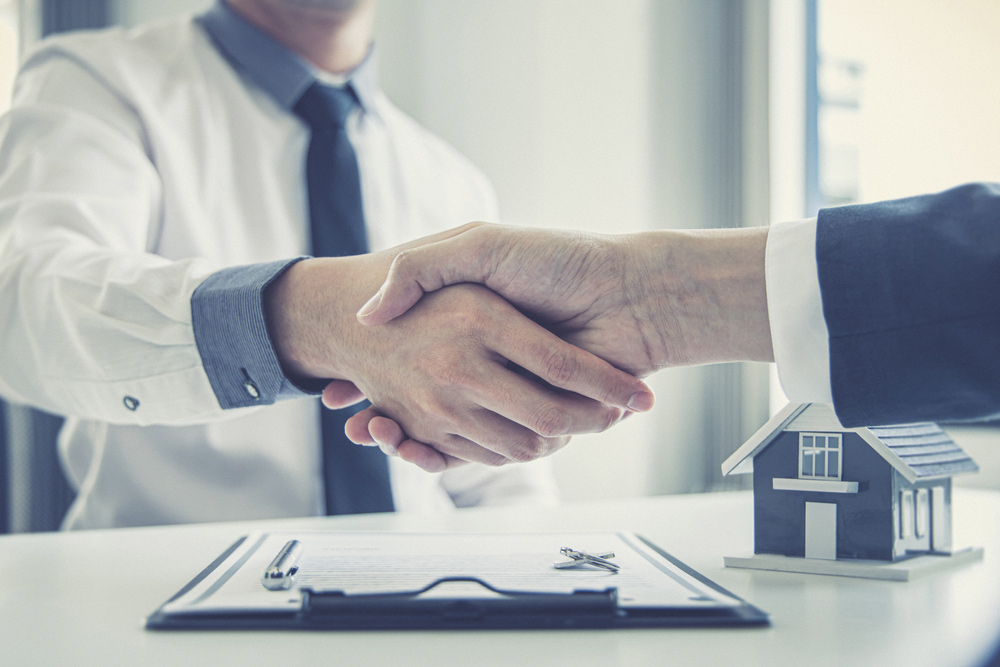Conveyancing FAQ
Home / Conveyancing FAQ
How much does conveyancing cost?
The cost of conveyancing will vary from case to case, with your conveyancer basing their fees on how much work they have to do, how complicated the transaction is and the type of property involved. The more complicated the transaction, the more you can expect to pay.
When do you pay your conveyancing fees?
Conveyancing fees are usually paid several days before completion or exchange. The cost is usually added to your deposit, with the money for both transferred together. However, your lawyer could ask you for a small fee in advance to cover the cost of any searches.
What can I do to expedite the conveyancing process?
The amount of time it takes to complete the conveyancing process is usually outside of your control. However, things like acquiring a mortgage in principle before you start looking for a home and acting on requests from your lawyer quickly can help.
What is e-conveyancing and how does it work?
E-conveyancing was established to help attorneys, conveyancers and financial institutions work together online to finalise property settlements. By allowing land title papers to be submitted online and payments to be sent in real-time directly to the necessary parties, the process is much quicker, as time-consuming jobs like getting paperwork signed and going into a bank to verify your documents are removed.


Is it necessary for me to conduct surveys?
Getting surveys done is very beneficial since they can help you uncover any issues with the property before you sign the contract. This prevents unpleasant surprises later on, such as a full rewire or costly structural repairs.
In extreme cases, some buyers decide to withdraw from the purchase if the surveyor finds severe problems. Or, the results of surveys can enable buyers to renegotiate the price based on the fact that the repairs will add a significant amount to the overall cost. Alternatively, the buyer might request that the seller fixes the problem before the purchase is completed.
What is a leasehold property?
A leasehold property means that the land the home sits on is owned by the Crown and has been bought for a specific amount of time. Most leases are 99 years long.
If you buy a leasehold home, your contract will include a number of agreements between you and the ‘landlord’. For instance, you may be liable to pay ground rent and service fees to the landlord and could require certain insurance policies to comply with the lease’s terms.



